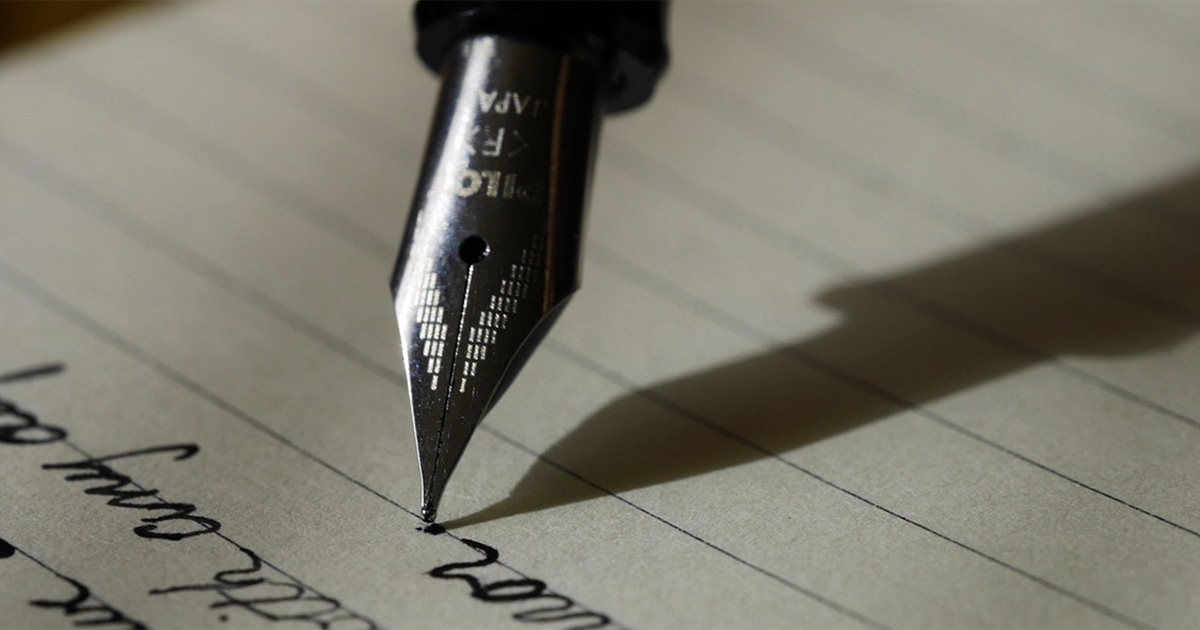Every Day a Poem
During National Poetry Month, take a news break and immerse yourself in the power of poems. You may not want the month to end.
- by Carole McKellar
Looking through an old notebook recently, I found the following excerpt from a speech delivered at Amherst College on October 26, 1963 by President John F. Kennedy for the groundbreaking ceremony of the Robert Frost Library. He was assassinated 27 days later. I was again struck by his eloquence on the power of poetry.
When power leads men toward arrogance, poetry reminds him of his limitations. When power narrows the areas of man’s concern, poetry reminds him of the richness and diversity of his existence. When power corrupts, poetry cleanses. For art establishes the basic human truth which must serve as the touchstone of our judgment. Knowledge of poetic forms is helpful but not essential to enjoy poetry. Poems frequently contain metaphors, similes, and personification. Remember those terms from freshman English? The Poetry Foundation (www.poetryfoundation.org) features a glossary of poetic terms with example poems.
Rhythm brings poems closer to song than other literary forms, which explains why some poems are best read aloud. Often the rhythm of a poem is arranged in a particular meter. In English, poetry often uses rhyme, but this is by no means universal. Rhythm and rhyme patterns make it difficult to translate from one language to another.
Poetry is no less an art because of its brevity. In fact, I would argue the opposite. As Henry David Thoreau wrote in a letter to a friend about the length of a story, “Not that the story need be long, but it will take a long while to make it short.” Poets’ skill in saying the most with few words is exemplified by the following verse from Wallace Stevens’ “Thirteen Ways of Looking at a Blackbird”: V. I do not know which to prefer, The beauty of inflections Or the beauty of innuendoes, The blackbird whistling Or just after.
The poet Andrew Motion, poet laureate of the United Kingdom from 1999 to 2009, said in Johns Hopkins Magazine that he wants to write poems that “look like a glass of water but turn out to be gin.”
Derek Walcott, a Nobel Prize winning poet, died on March 17, 2017 at the age of 87. I read about his death while writing this article. He was born on the island of St. Lucia, and he divided his time between the United States and his Caribbean home. His poetry is known for its musicality and visual imagery. His obituary in the New York Times included this excerpt of the poem “Islands” from the collection In a Green Night that exemplifies these traits in his poetry: I seek As climate seeks its style Verse crisp as sand, clear as sunlight, Cold as the curled wave, ordinary As a tumbler of island water. The Academy of American Poets, creator of National Poetry Month, lists 30 ways to celebrate the event on their website. Three of their suggested items on my to-do list are: 1) buy a book of poetry at my local independent bookstore, 2) memorize a poem, and 3) read a poem every day of the month. One of my favorite events is National Poem in Your Pocket Day on April 27, 2017. Simply carry copies of your favorite poems and share them with family, friends, or strangers. Comments are closed.
|
Categories
All
Archives
July 2024
|
Shoofly Magazine Partners
Our Shoofly Partners are local businesses and organizations who share our mission to enrich community life in Bay St. Louis, Waveland, Diamondhead and Pass Christian. These are limited in number to maximize visibility. Email us now to become a Shoofly Partner!




























 RSS Feed
RSS Feed























